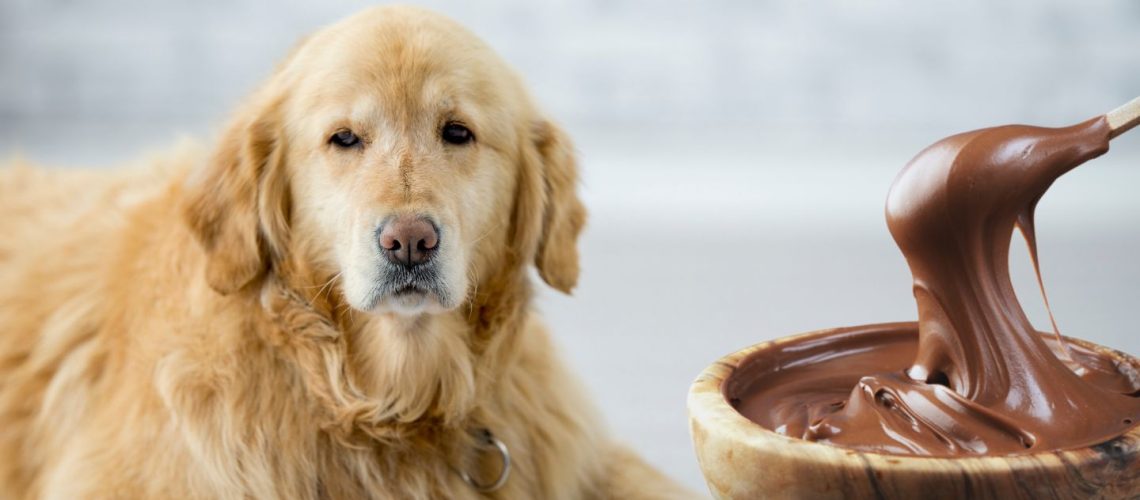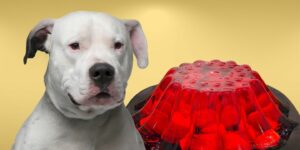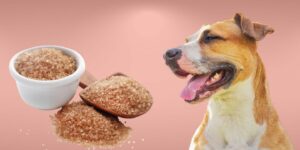No, dogs should not eat Nutella. While Nutella is a popular and delicious spread among humans, it contains several ingredients that are harmful to dogs, including cocoa, hazelnut, sugar, milk, and palm oil. To ensure the health and safety of dogs, it's important for owners to be aware of the ingredients in certain foods and know which foods should be kept out of reach. In this article, we will explore the dangers of Nutella for dogs and discuss safe alternatives for treating your furry friend.
Nutella's Ingredients
Cocoa
Nutella contains cocoa, which has theobromine, a substance that is toxic to dogs. Dogs are unable to metabolize theobromine effectively, and consuming it can lead to various health complications.
Hazelnut
While not directly toxic, hazelnuts can pose a choking hazard to dogs, especially smaller breeds. Additionally, some dogs may have an allergic reaction to nuts, potentially causing discomfort or more severe symptoms.
Sugar
Sugar is not ideal for dogs, as it can lead to weight gain, dental issues, and even diabetes when given in large amounts or over an extended period.
Milk
Dogs can be lactose intolerant, and consuming milk could cause gastrointestinal upset, including diarrhea, gas, and vomiting.
Palm oil
Palm oil, another ingredient found in Nutella, has been linked to pancreatitis in dogs—a severe, potentially life-threatening condition.
The Dangers of Nutella for Dogs
Theobromine toxicity in dogs
How theobromine affects dogs
When dogs consume theobromine, it can lead to increased heart rate, central nervous system stimulation, and constriction of blood vessels. This can result in symptoms ranging from mild to severe.
Symptoms of theobromine poisoning
Theobromine poisoning in dogs may cause vomiting, diarrhea, panting, excessive thirst, tremors, seizures, and even death.
Treatment and prognosis
If your dog ingests a significant amount of Nutella or chocolate, seek immediate veterinary care. The prognosis depends on the quantity of theobromine consumed, the size of the dog, and how quickly treatment is initiated.
Hazelnut concerns for dogs
Choking hazard
As mentioned earlier, hazelnuts can pose choking hazards to dogs, especially if they try to swallow them whole or if the nuts are poorly chewed.
Allergic reactions
Some dogs may have an allergy or sensitivity to hazelnuts. Symptoms may include itching, swelling, or vomiting. If you suspect your dog has an allergy to nuts, consult your veterinarian for advice and treatment.
Sugar and its effects on dogs
Weight gain
Excess sugar consumption can lead to unhealthy weight gain in dogs, potentially resulting in long-term health issues like joint problems and heart disease.
Dental problems
A diet high in sugar can contribute to poor dental health, as it can cause tooth decay and gum disease.
Diabetes
Consistently consuming high amounts of sugar can predispose dogs to developing diabetes, a condition of poor insulin regulation leading to elevated blood sugar levels.
Milk and lactose intolerance in dogs
Symptoms of lactose intolerance
Dogs that are lactose intolerant may experience diarrhea, gas, vomiting, or abdominal discomfort after consuming milk or dairy products.
Alternatives to milk for dogs
For dogs that enjoy dairy, goat's milk or lactose-free milk can be safer alternatives, but they should always be given in moderation.
Palm oil and pancreatitis
How palm oil leads to pancreatitis
Consumption of palm oil can lead to pancreatitis in dogs. It's believed that high levels of fat in palm oil contribute to this health issue.
Symptoms of pancreatitis
Pancreatitis symptoms can include vomiting, abdominal pain, loss of appetite, fever, and lethargy.
Treatment and prognosis
Treatment for pancreatitis may involve fluid therapy, pain management, and dietary changes. The prognosis will depend on the severity of the condition and the dog's response to treatment.
Preventing Nutella Ingestion in Dogs
Keeping Nutella and other chocolate products out of reach
Store Nutella, chocolate, and other potentially harmful foods in high cabinets, ensuring they are inaccessible to dogs.
Educating family members and visitors about the dangers
Make sure family members and guests know not to share Nutella or chocolate products with your dog.
What to do if your dog ingests Nutella
If your dog consumes Nutella, contact your veterinarian or an emergency animal clinic immediately for advice and appropriate treatment.
Safe Alternatives for Dogs
Dog-friendly treats and snacks
Purchase or prepare dog-specific treats for your pet that do not contain harmful ingredients, including sugar, chocolate, or palm oil.
Homemade dog treat recipes
Explore recipes found online or in cookbooks targeting dog-friendly options for homemade, safe treats.
Importance of moderation and portion control
Remember, moderation is key. Even when offering safe treats, do so in controlled portions to maintain your dog's overall health and weight.
Conclusion
In conclusion, Nutella is not a safe treat for dogs and should be kept out of reach. It contains various harmful ingredients that can lead to severe health complications or even death. Be a responsible pet owner by familiarizing yourself with the dangers of certain foods, and always provide your dog with safe and healthy treat alternatives.











